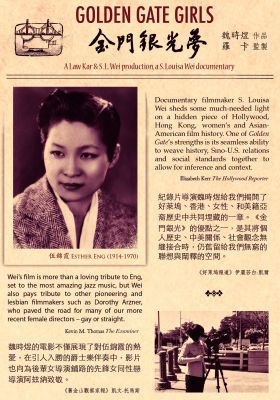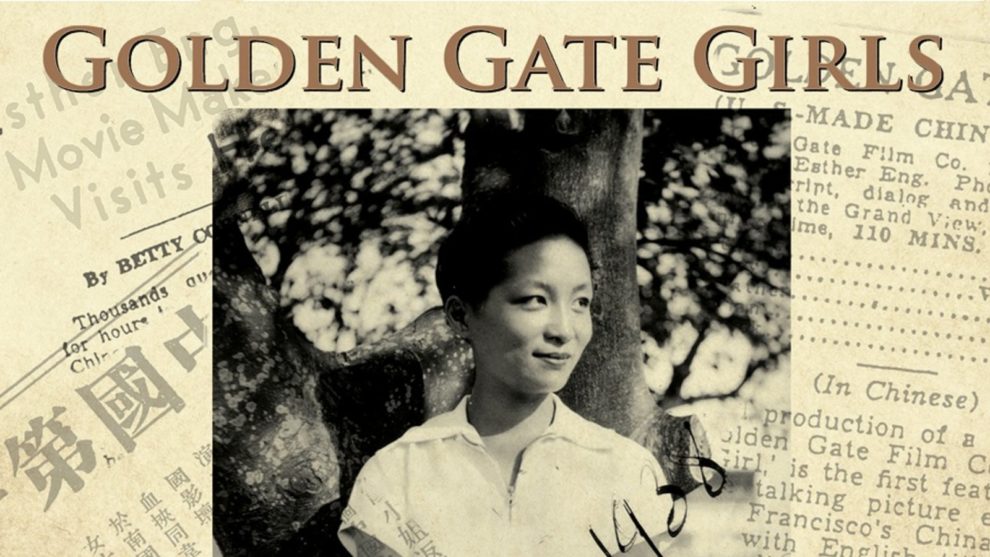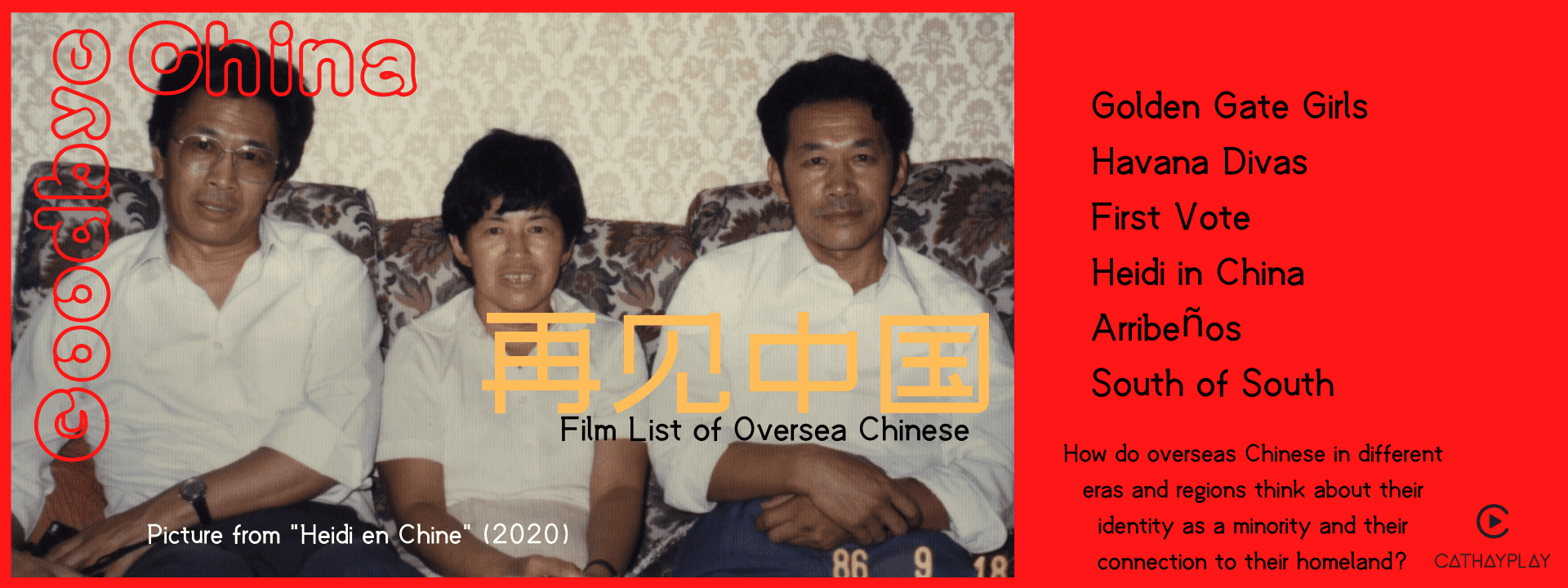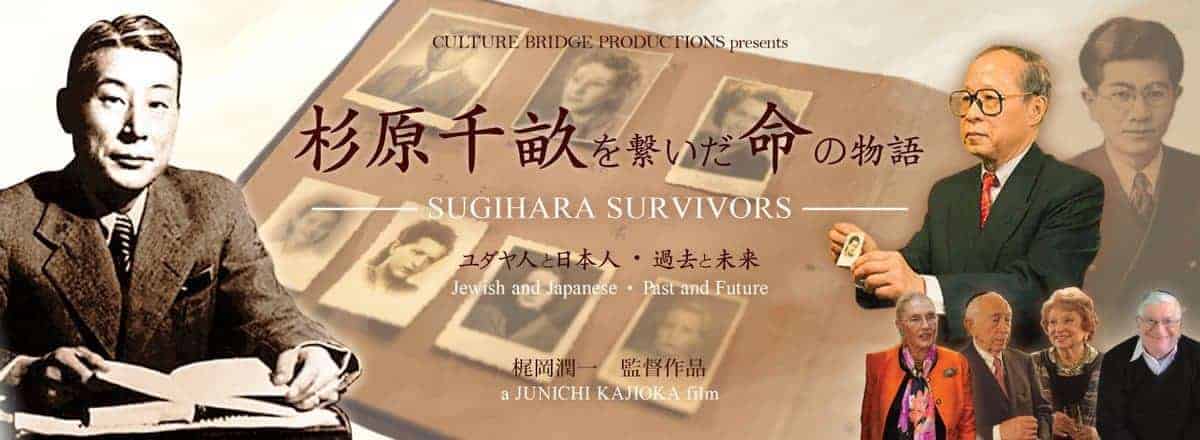The documentary format frequently finds one of its apogees when directors stumble upon stories that could easily inspire movies, in another testament to the fact that reality overcomes imagination. S. Louisa Wei truly happened upon one such a story, when she got a box filled of photographs of Ester Eng, South China's first directress and an open lesbian who managed to shoot 11 Cantonese language films: one in Hollywood, five in Hong Kong, three in California, one in Hawaii, and one in New York—all for Chinese audiences before, during and after WWII.
Watch This Title

The film begins with the discovery of the aforementioned box, and tracks the trip Wei took into discovering everything that was possible about Eng, in a humongous research effort that resulted in clips from her two surviving films, stills and posters from her other movies, photos from her six personal albums, newsreels of San Francisco as she saw them, as well as hundreds of archival images, along with a plethora of interviews with people who knew her personally or have interesting information to share about her life and the events that surrounded it.
In that fashion, and in a rather captivating way that also highlights Wei's directorial and editing abilities, the documentary unfolds in three levels/trips. Her own trip of finding the aforementioned material, Ester Eng's back and forth between the US and Hong Kong, in an effort to shoot her movies and make a proper living, and the trip through the years she lived, that highlight the social/historical background, also focusing on other pioneering and lesbian filmmakers such as Dorothy Azner, along with Anna Mae Wong and the impact her career had on women, Asians in the US and Hollywood actresses in general. Lastly, a fourth, more secondary level also highlights the history of the various Chinatowns around the world and the way they changed through the years. As such, the combination of all the footage discovered emerges as ideal, with the zoom-ins on the many photos giving a sense of motion even to these scenes, in a documentary that is perpetually moving, something that definitely adds to the entertainment it offers, as much as the excellent jazz score.
The story begins from her childhood actually, with the narration of her sister, before it moves to her starting to deal with cinema, her eventual “promotion” to main director, to her trips outside of Hong Kong, to helping her father with his Chinese film import business and, later, running theatres in New York that screened Chinese movies, to the opening of her restaurants that were eventually visited by the likes of Tennessee Williams and Marlon Brando. A large part of the documentary also focuses on the background of her movies, where information like giving Bruce Lee his first role as a baby girl in her 1941 film “Golden Gate Girl, while Wei does not omit on highlighting her faults also, with her gambling addiction also eventually surfacing. Her personal relations with various women is also presented here, in a portrait that is as thorough as possible, also mentioning that her obituary appeared in both Variety magazine and the New York Times.
“Golden Gate Girls” is an exceptional documentary, that uses the rather captivating story of Esther Eng to talk about a series of pioneering women filmmakers while highlighting history in the most entertaining fashion.
















